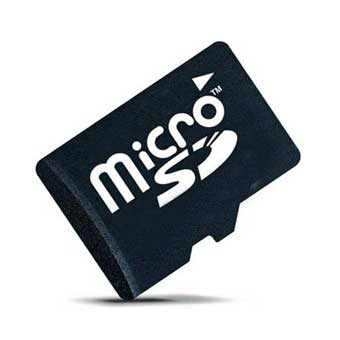Study: Flash storage to blame for sluggish smartphone performance

With manufacturers focusing on the speed and number of cores a smartphone’s processor features, megapixel numbers, and network technologies like LTE, the performance of an Android handset should largely be based on its hardware, right? Wrong, according to a new study undertaken by researchers at the Georgia Institute of Technology. The type and brand of microSD storage installed in the device could just as well be the culprit. Their study that found that flash storage often accounted for a 100 to 300 percent drop in performance. In one instance the numbers dipped by an astonishing 2,000 percent.
Hyojun Kim, a doctoral student at the College of Computing at Georgia Tech, headed up the research and concluded that flash storage technology simply isn’t keeping pace with its counterpart mobile hardware. The source of the slowdown in applications varying from Facebook to Google Maps is the poor handling of random I/O data from the software.
A possible solution rests in phase-change random access memory (PRAM), which could be used to better manage random data writing. A relatively quick and easy way to increase the performance of a current microSD card is by reorganizing its file subsystem and otherwise keeping storage space neat and tidy. For more on the technical aspects and the science behind it, check out the Usenix link below to read the entire text of Kim’s paper.
[Usenix via ComputerWorld]